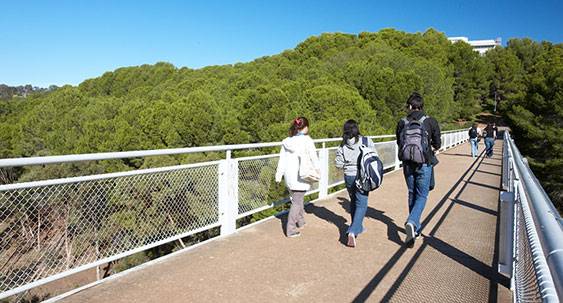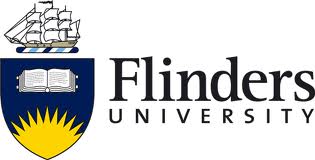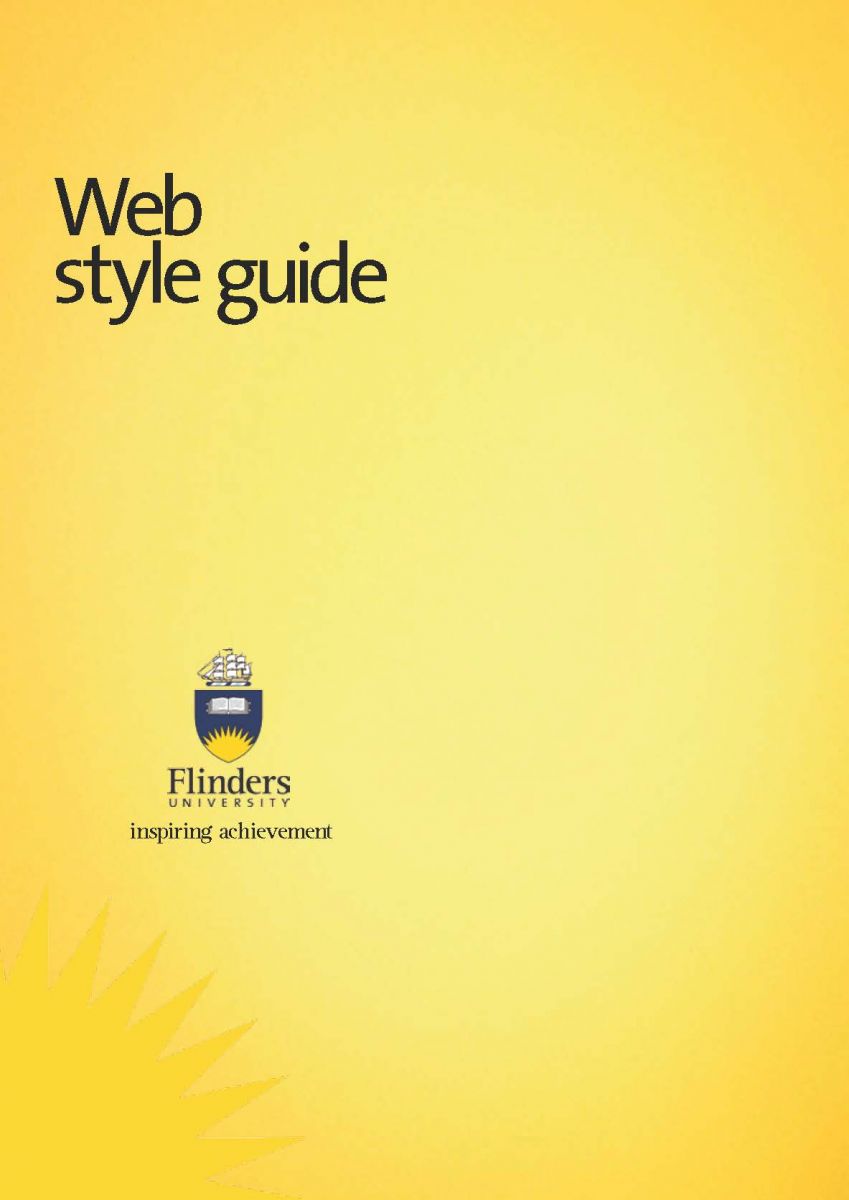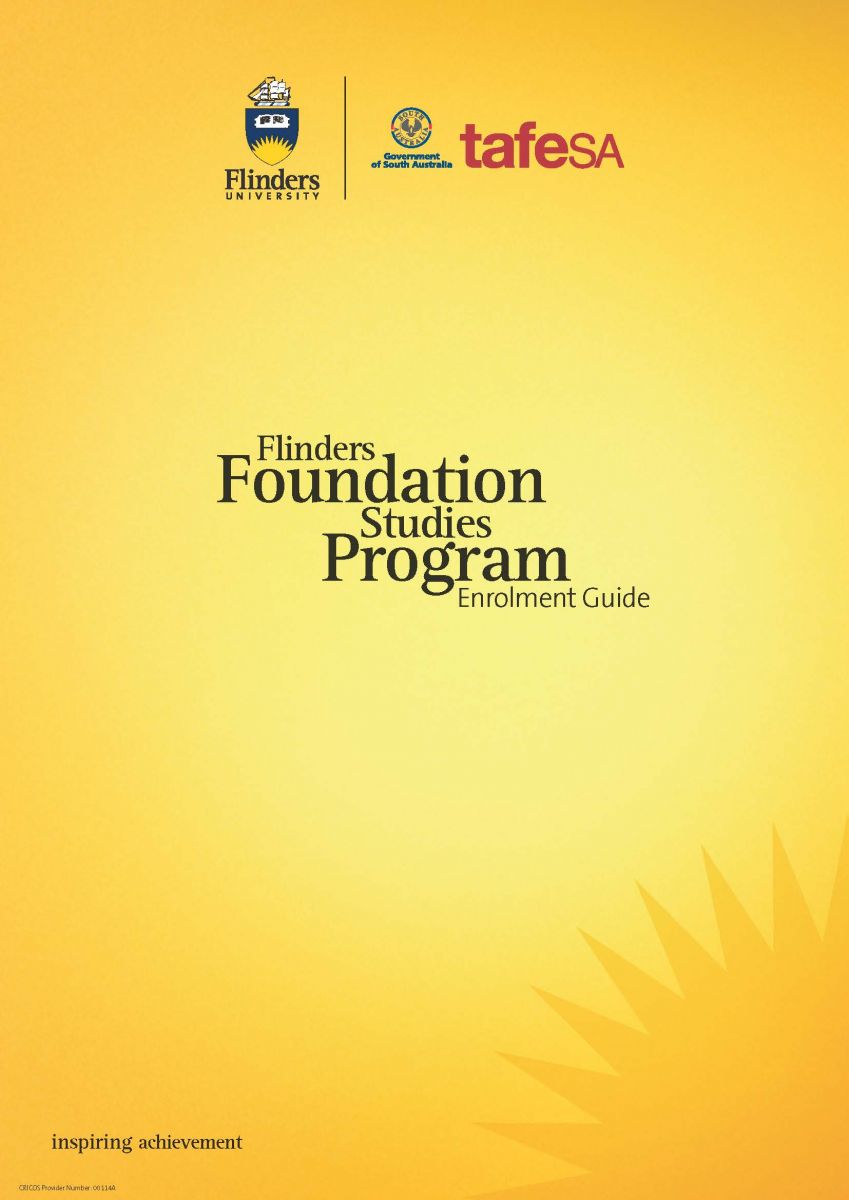- Study in AustraliaAustralian Universities/CollegesPrograms by faculty AusAustralian VisasLife in Australia
- Study In New ZealandNew Zealand UniversitiesPrograms by Faculty NZNew Zealand VisasLife in New Zealand
- Study in CanadaUniversities/Colleges in CANADAPrograms by faculty CanadaCanadian VisasLife in Canada
Flinders University
| Flinders University | |||||
| Flinders University takes its name from English navigator Matthew Flinders, who explored and surveyed the southern Australian coastline in 1802. Its crest includes a reproduction of Flinders’ ship ‘Investigator’ and an extract from his book A Voyage to Terra Australia. Flinders University was created in 1966, at a time when new universities were being established across Australia as part of a major expansion of university education. This gave opportunities for access to people from a broader range of backgrounds than had attended universities in the past. It also helped to meet Australia’s need for an increasing number of highly trained and skilled personnel in a period of industrial development and economic growth. | | ||||
 | |||||
| Flinders University was formally opened on 25 March 1966 by Her Majesty Queen Elizabeth, the late Queen Mother, and the Chancellor Sir Mark Mitchell. Growth over forty years In 1966, Flinders had 90 staff and 400 students enrolled in less than 10 courses. In 2008, Flinders has around 1 900 staff, 16 500 students, almost 300 courses, and over 55 000 Alumni. Flinders now has over 3 100 international students from more than 85 countries (there were no international students in 1966). In 2006, when Flinders celebrated its first 40 years, among the current staff there were 10 who had started working at Flinders in the 1960s. Faculties | |||||
|
| |||||
| Download a Brochure | |||||
| | | | | ||
| Student testimonial | |||||
| Peter Ross | Canadian student in the Master of Maritime Archaeology program The faculty in the archaeology department are very friendly, encouraging, and supportive. It was quite a straightforward matter to suggest a research project that straddles interdisciplinary boundaries, in my case between maritime archaeology and Indigenous archaeology. The master classes have been a highlight for me this semester, with inexpensive or free instruction ranging from underwater photography to advanced Total Station use to tours of Indigenous rock art sites. Peter Ross, Master of Maritime Archaeology student, 2008 | ||||
| |||||
For more information, please contact one of our offices
Study in Australia | Study in the UK | Study in Malaysia | Study in Canada | Study in the USA | Study in New Zealand



















